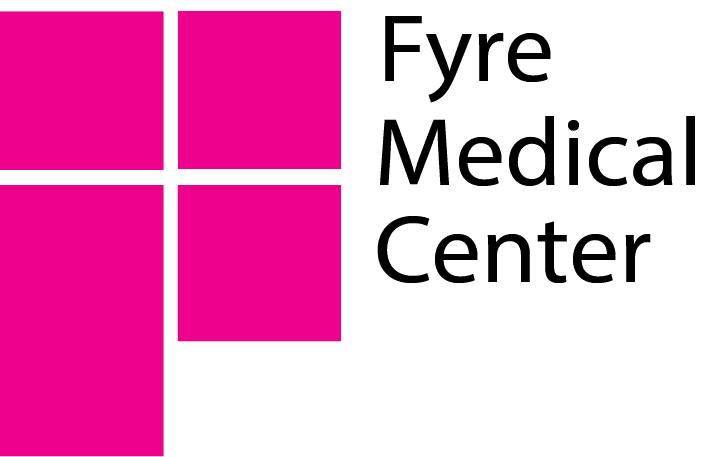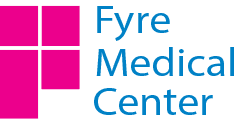OPENING HOURS
MON-THUR: 8:30 am - 1:30 pm
FRI: 8:30 am - 4:30 pm
What is holistic health care?
Prevention Focused
Individualized Care
Integrated Therapies
Mind-Body Connection
Minimal to Absent Side Effects
Holistic Medicine
Holistic medicine, also known as alternative or complementary medicine, focuses on treating the whole person rather than just the symptoms of a particular ailment. By addressing the physical, mental, and emotional aspects of an individual, holistic medicine aims to promote overall well-being. Here are some of the benefits associated with holistic medicine:.
Comprehensive
Holistic medicine takes into account all aspects of a person's life, including their lifestyle, diet, emotions, and environment. This comprehensive approach allows for a deeper understanding of the underlying causes of illness and helps to develop personalized treatment plans.
Empowerment
Holistic medicine emphasizes the active role of the individual in their own healing process. It encourages patients to take responsibility for their health by making positive lifestyle choices and adopting self-care practices.
Prevention Focused
Rather than solely focusing on treating symptoms, holistic medicine places a strong emphasis on preventing disease and maintaining good health. By identifying potential imbalances or risk factors early on, holistic practitioners can help individuals make proactive changes to prevent illness before it occurs.
Individualized Care
One of the key benefits of holistic medicine is its individualized approach to treatment. Practitioners spend time getting to know their patients and understanding their unique needs, which allows for personalized treatment plans that address the root causes of health issues.
Integrated Therapies
Holistic medicine incorporates a wide range of therapies and treatments from both conventional and alternative approaches. This integration allows for a more comprehensive and balanced approach to healing, combining the best elements from different disciplines.
Mind-Body Connection
Holistic medicine recognizes the interconnectedness of the mind and body. It acknowledges that mental and emotional well-being can have a significant impact on physical health, and vice versa. By addressing both aspects simultaneously, holistic medicine aims to promote overall balance and harmony.
Minimal to Absent Side Effects
Many holistic treatments focus on natural remedies and non-invasive techniques that have minimal side effects. This can be particularly beneficial for individuals who are sensitive to medications or prefer a more gentle approach to healing.
In conclusion, holistic medicine offers a range of benefits in promoting overall well-being by taking a comprehensive approach to health and wellness. By considering the individual as a whole and addressing the root causes of illness, holistic medicine aims to support the body's natural healing mechanisms and empower individuals to take an active role in their own well-being.

